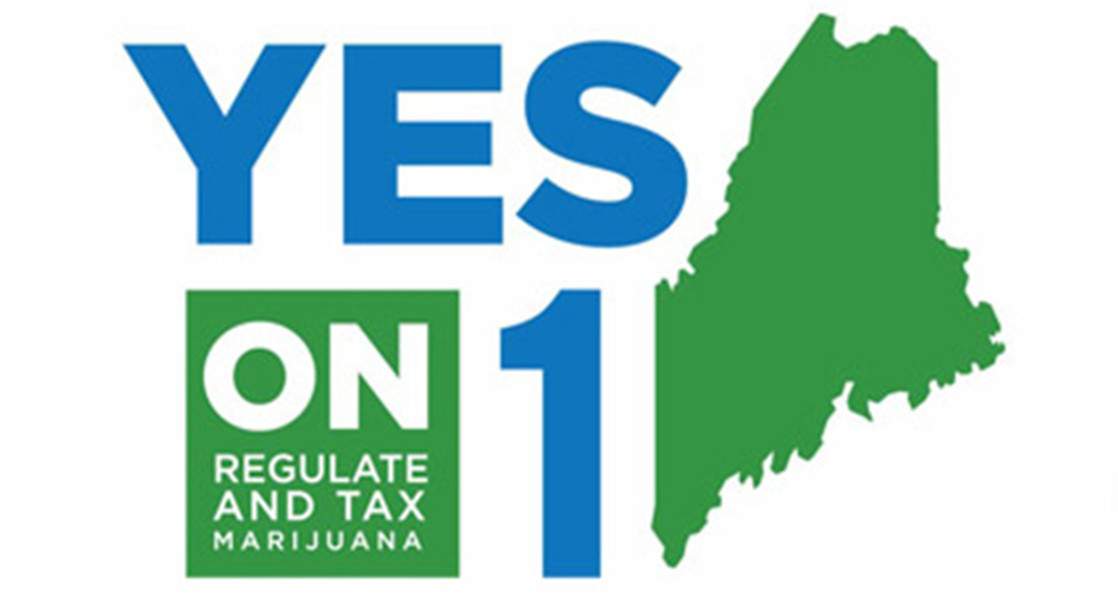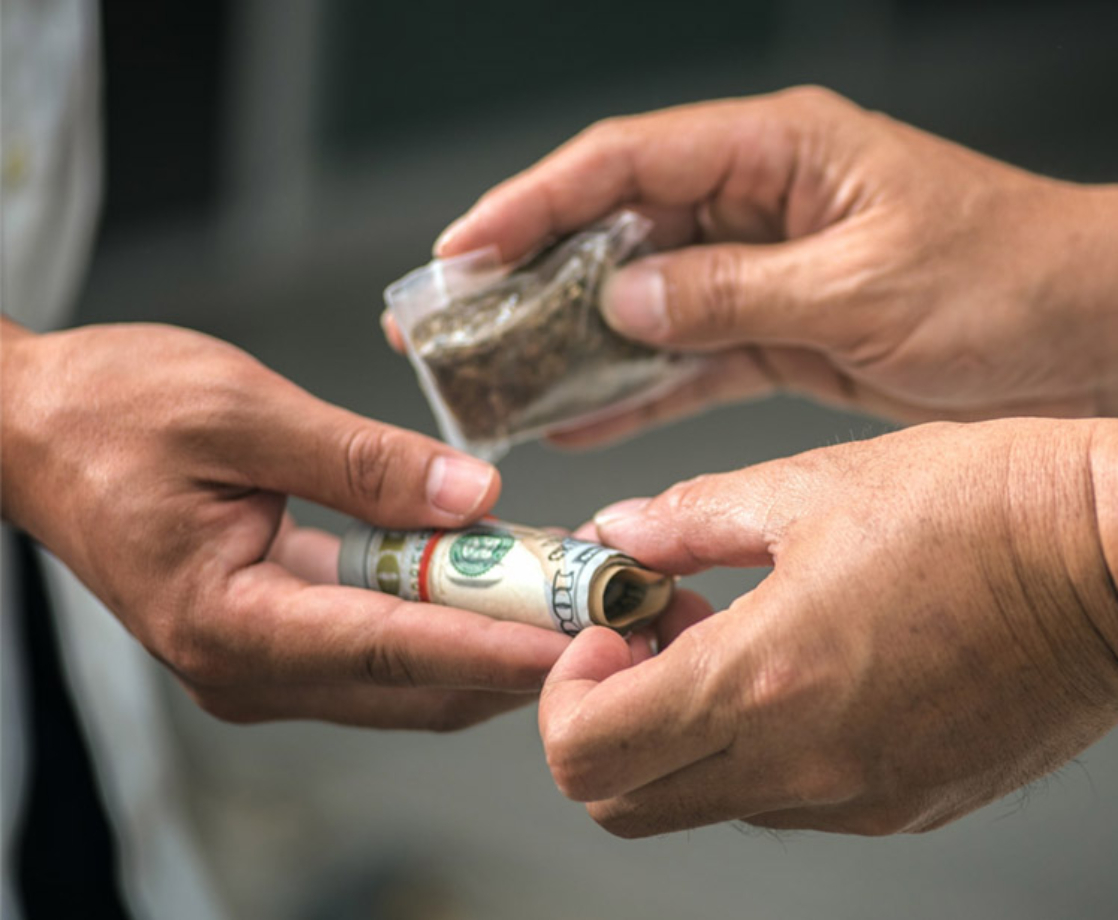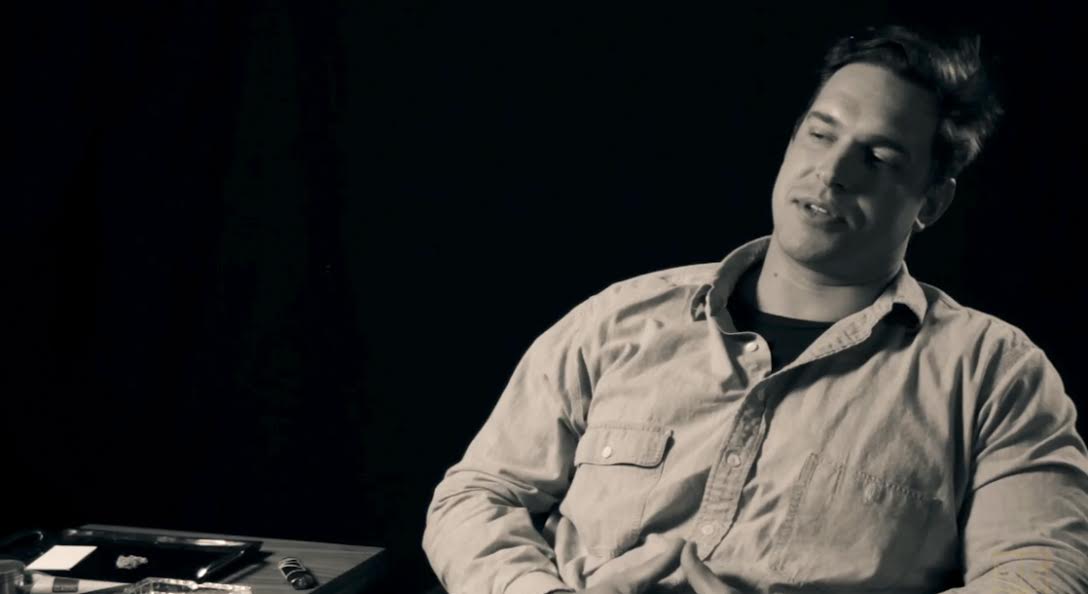It appears that the public debate over legal marijuana in Maine won’t be settled by last week’s election alone. Yesterday afternoon Mainers Protecting Our Youth and Communities, a group which lobbied against the initiative to legalize recreational cannabis in the state, filed a petition requesting a recount on the referendum formally titled Question 1. Unofficial results from the Office of Maine’s Secretary of State indicate the cannabis legalization measure earned 381,622 votes in favor over 377,619 opposing; a difference of only 4,073 votes, and a margin of less than one percent.
According to state rules, if the margin of difference in an election is less than 1.5 percentage points, then the state itself must foot the bill for a recount, and in this case it won’t be cheap. Given that Question 1 was a statewide ballot measure on which 757,000 votes were cast, Maine’s Secretary of State Matt Dunlap estimated a cost of $500,000—mostly for the use of state troopers to travel to each of Maine’s 503 municipalities to retrieve sealed ballot boxes for delivery to the Secretary of State, who then recounts them manually. His office estimated it could take four weeks to complete.
Hillary Lister of Maine Matters Votes No, another group opposing legalization, said of the recount, “I think it’s due diligence because it was such a tight margin. Any initiative that is this close should have a recount.” David Boyer, campaign manager for Yes on 1, sharply retorts that since the margin of affirmative votes is currently in the thousands, a recount is a pointless delay: “The people of Maine have spoken and they have voted ‘yes’ to make marijuana legal, as have millions of other Americans across the country. Just as keeping marijuana illegal has been a waste of taxpayer dollars, we think this recount will be a waste of time and taxpayer dollars.”
But who might prove to be the bigger threat to the initiative’s implementation is Maine’s own governor, Republican Paul LePage. A notorious drug warrior, LePage has said he too might challenge the referendum vote, but not until after he consults with President-elect Donald Trump to see if his administration will enforce the federal prohibition on marijuana. LePage was a visible adversary during the legalization campaign, appearing in an online video where he stated marijuana “can be deadly” and purported it can serve as a gateway to heroin addiction (especially galling given that LePage apparently cares little of the plight of heroin addicts, vetoing a bill earlier this year that would have expanded access to opioid antidote Naloxone, coldly reasoning that “Naloxone does not truly save lives; it merely extends them to the next overdose”). He also falsely claimed in August that over 90 percent of drug dealers arrested in Maine were black or Latino—when the actual majority of drug dealing was conducted by white people. Given the likely-to-be-scheduled recount as well as other means of administrative delay at the governor’s disposal, Question 1 (particularly legalized possession) isn’t expected to go into effect until next year at earliest. It also remains to be seen how the governor will influence the state’s development of a regulatory framework for commercial cannabis, as making it overly restrictive to the point of dysfunction (as seen in states like Montana) could serve his apparent interest of retaining drug laws which enable biased prosecution of people of color.
Anti-democratic interference from a repulsively retrograde governor aside, at least one good thing might come of continued resistance to Maine’s popular support for cannabis legalization: the Trump administration might be pressured to clarify its presently vague position on marijuana’s legal status and the right of states to regulate it for themselves; perhaps alleviating the post-election anxiety of both activists and the cannabis industry…but given Trump’s unpredictability, probably not.











